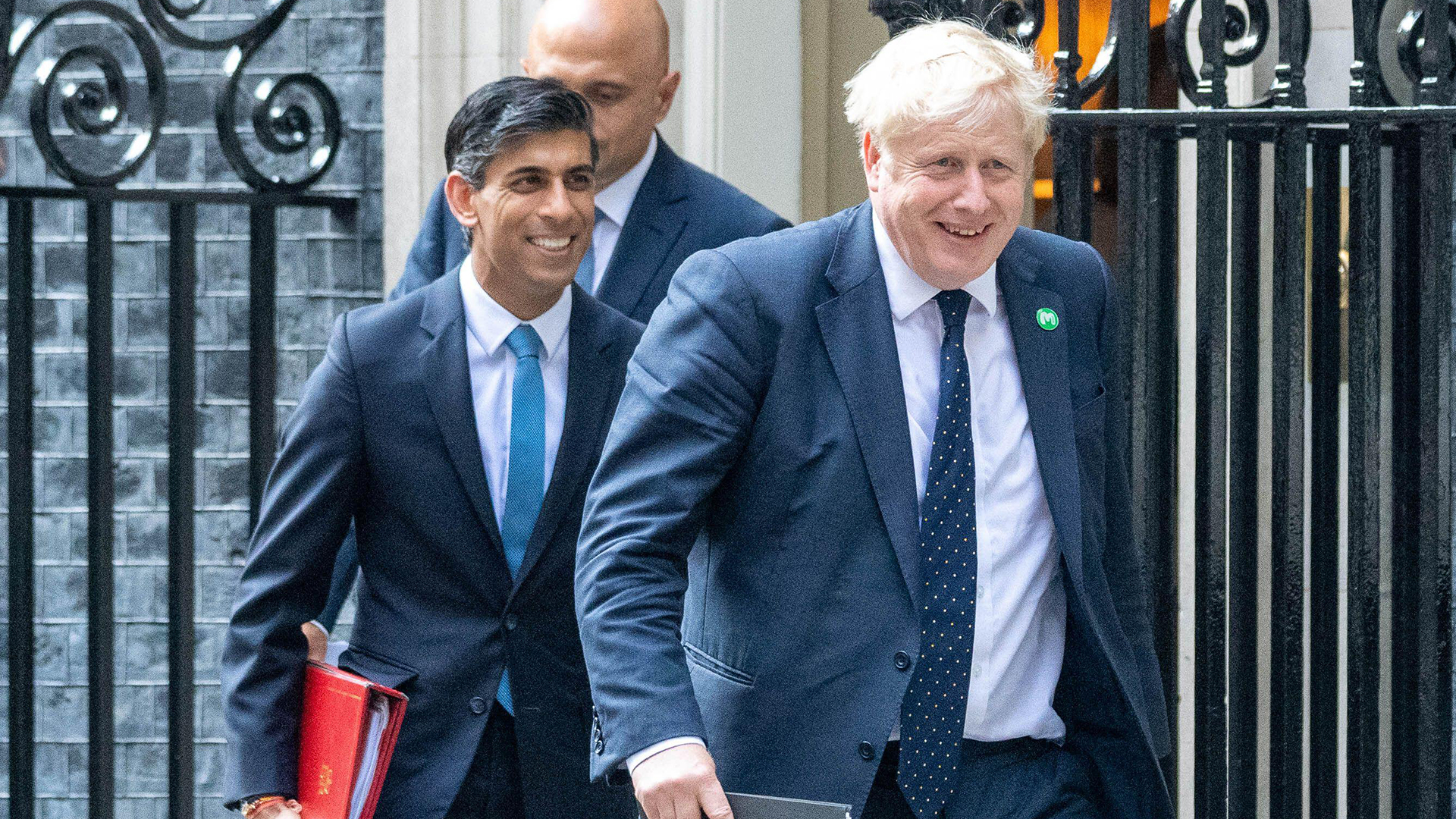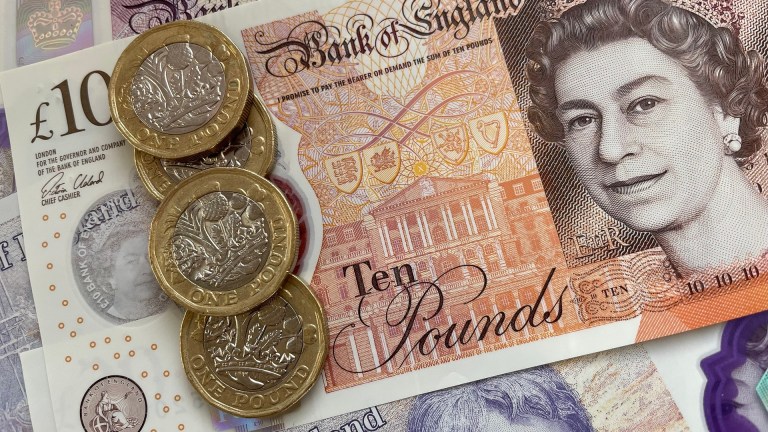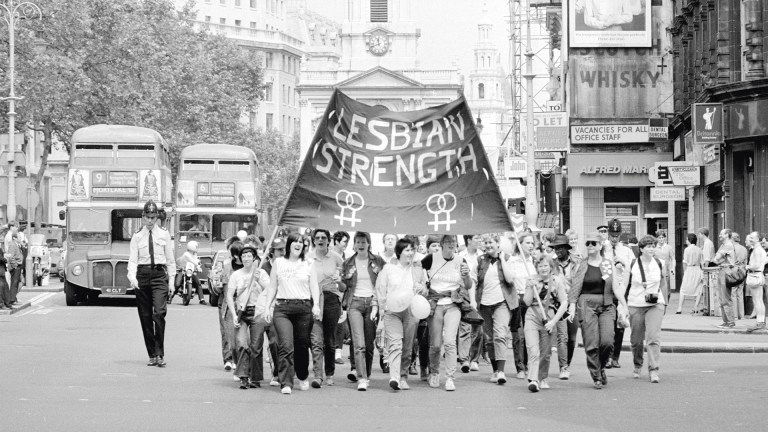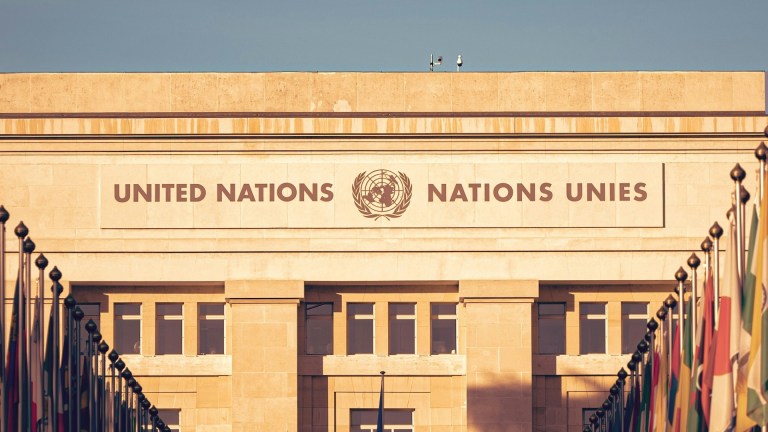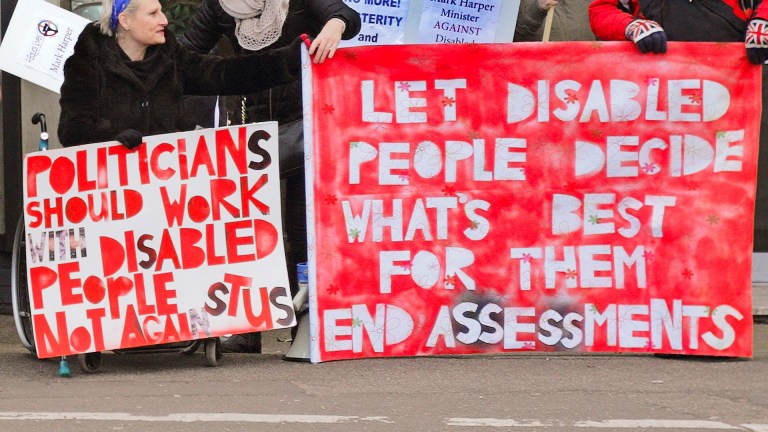Levels of child poverty have risen six (5.6) times faster in the most deprived areas since 2014/15 compared to the richest, analysis from the New Economics Foundation has revealed.
The new data from the Department for Work and Pensions (DWP) shows that levels of child poverty have increased by 8.4% in the most deprived 10% of areas compared with a rise of 1.5% in the most well off.
Sam Tims, senior economist at the New Economics Foundation, said: “No child should have to grow up worrying about where their next meal is coming from or whether their parents can afford to pay the bills – but that’s the reality for millions in this country. We should be making progress on reducing the number of children in poverty, instead this country is going backwards – with the poorest places taking the biggest hit.
“This is also clear evidence that the government’s levelling-up agenda is failing. What we are seeing is a deepening of poverty in the very places that the government was supposed to lift up. The government could take millions of children out of poverty and help those in the most deprived places by scrapping the two-child limit and increasing universal credit.”
Claire Atchia McMaster, director of income and external affairs at the national anti-poverty charity Turn2us, added: “The latest surge in UK child poverty rates should be treated as a national emergency. In a nation as wealthy as ours, it’s unacceptable that millions of children are deprived of essentials like food and clothing, which blocks their path to success.
“The stories we hear from families who contact us underline the harsh realities many households face. No child should go hungry or miss out on educational experiences due to financial hardship.
“We echo the calls for urgent action to address this crisis. It’s imperative to invest in policies that directly support low-income families, such as increasing support through universal credit and removing punitive policies, including the two-child limit.
“It is time for the UK government to take decisive action to ensure that every child has the opportunity to thrive, regardless of their background.”
Families who were already facing poverty have fallen deeper into poverty. Around 2.9 million children were in deep poverty in the year to April 2023.
Peter Matejic, chief analyst at the Joseph Rowntree Foundation, said: “The annual poverty figures published today confirm that the government failed to protect the most vulnerable from the cost of living crisis. Absolute poverty, the government’s preferred measure of poverty, has risen for the second year in a row. This is as big as we have seen for 40 years.”
Around 600,000 more people, half of them children, are living in absolute poverty, the government’s preferred measure of poverty. This is the second year in a row absolute poverty has increased.
In comparison to 2020/21, 900,000 more people are living in absolute poverty, 400,000 of them children.
This is joint highest increase seen in 40 years, when Margaret Thatcher was prime minister. The only other time the country has seen an increase in absolute poverty since then was in the aftermath of the global financial crisis, between 2010/2011 and 2011/2012.
Matejic added: “There is little to celebrate in the slight fall in overall relative poverty levels. This is largely due to the incomes of middle-income households falling, rather than people on the lowest incomes being better off. This is also likely to reverse now that earnings are growing faster than inflation.
“The government’s short-term interventions to date haven’t stopped the incomes of poorer households from being swallowed up by the soaring cost of essentials. This is despite Jeremy Hunt speaking of his commitment to protect the most vulnerable in his Autumn Statement in 2022. These results show just how far away our social security system is from adequately supporting people who have fallen on hard times.”
The Joseph Rowntree Foundation has repeatedly called for an essentials guarantee, assuring universal credit claimants they can afford to survive. Universal credit will fall short by £30 each week, according to the charity’s estimates.
It comes on the same day the work and pensions committee releases a report recommending that the government set a new benchmark for benefits levels in the UK, with the methodology used in the essentials guarantee a suggested option.
Matejic said: “The prospects for people on the lowest incomes should be at the forefront of politicians’ minds as we head into a general election. We need all political parties to treat this rise in poverty with the seriousness it deserves at the coming general election and set out an ambitious plan to reverse it. This must involve embedding an essentials guarantee into universal credit to ensure that everyone has a protected minimum amount of support to afford essentials.”
The statistics also show that those living in a family with a disabled member are more likely to be in low income than non-disabled families. Around 24% of people in families where someone is disabled were living in relative poverty, whereas 20% of non-disabled families are living in relative poverty.
Anela Anwar, chief executive of the anti-poverty charity Z2K, said: “These shocking figures reveal that more than one in five people in the UK are living in poverty, and this is even higher among disabled households.
“At Z2K we see time and time again the enormous difficulties our clients have just in paying their rent, heating their homes, and putting food on the table, and how easily this can cause or worsen health conditions.
“Poverty is not inevitable. It’s created by political decisions, and political decisions can prevent and reverse it. Politicians from all parties need to urgently get a grip on this scandal, starting by removing the arbitrary benefit cap and two-child limit, ensuring Universal credit truly covers what people need to live, and scrapping changes that will see over 370,000 seriously ill and disabled people denied vital extra universal credit from next year.”
Do you have a story to tell or opinions to share about this? We want to hear from you. Get in touch and tell us more.
